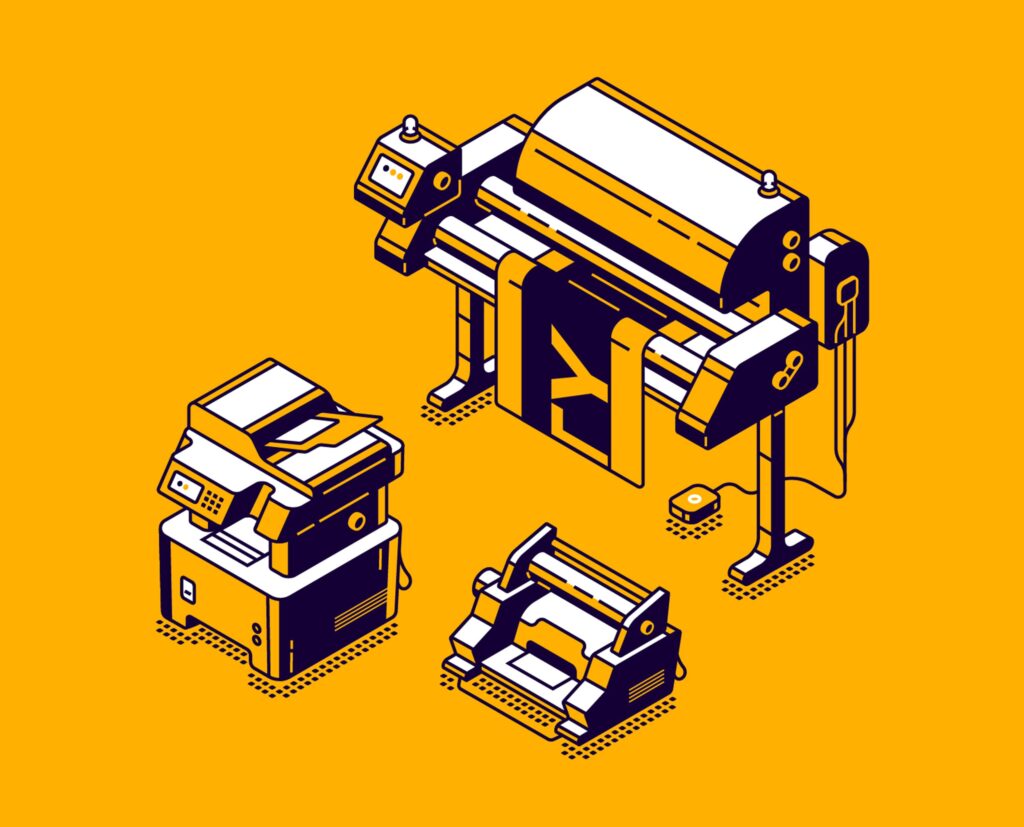
In the healthcare world, maintaining patient trust goes hand-in-hand with complying with federal regulations, especially when it comes to storing and managing medical records. The Health Insurance Portability and Accountability Act (HIPAA) sets strict standards for how healthcare providers handle protected health information (PHI), from creation and storage to access and disposal.
Whether you run a solo practice or manage records for a larger healthcare facility, understanding HIPAA’s requirements for medical records storage is essential, not just to avoid penalties, but to protect patient privacy and streamline operations. This guide covers everything medical professionals need to know.
Why HIPAA Compliance Matters
HIPAA was enacted to safeguard sensitive health data and give patients more control over their medical information. For medical practices, that means ensuring any system or service that touches PHI is secure, accessible only by authorized personnel, and properly documented.
Failing to comply can lead to serious consequences:
- Civil penalties ranging from $100 to $50,000 per violation
- Criminal charges for willful neglect
- Reputational damage and loss of patient trust
How Long Do You Need to Keep Medical Records?
HIPAA itself doesn’t set a universal retention period for patient records, but it does require documentation to be retained for at least six years from the date of creation or last use.
However, state laws and medical board requirements often require longer retention periods, especially for minors. Here are some general guidelines:
| Record Type | Minimum Retention (General) |
| Adult Medical Records | 7–10 years |
| Pediatric Records | Age of majority + 7 years |
| Medicare/Medicaid Claims | 10 years |
| HIPAA-Related Compliance Documentation | 6 years |
Check your state medical board guidelines for specific retention rules →
HIPAA Requirements for Medical Record Storage
Whether you’re storing files on-site, offsite, or in the cloud, HIPAA compliance requires:
1. Physical Safeguards
- Locked filing cabinets or restricted access storage rooms
- Visitor sign-in logs for areas containing PHI
- Offsite storage facilities with 24/7 surveillance and controlled entry
2. Technical Safeguards
- Encryption for digital files (at rest and in transit)
- User authentication and audit logging
- Role-based access controls for electronic systems
3. Administrative Safeguards
- Written policies for access and handling of PHI
- Regular staff training on HIPAA best practices
- Appointing a privacy officer or delegating oversight to a qualified third-party
Handling Access Requests and Authorizations
Under HIPAA, patients have the right to request and obtain copies of their medical records within 30 days of submitting a written request. As a provider, you must:
- Verify the identity of the requester
- Provide records in the format requested (electronic or paper)
- Maintain an access log for who has accessed or released information
Consider designating a Medical Records Custodian or partnering with a compliant service provider to manage access requests efficiently and securely.
Learn more about Medical Records Custodians →
Paper vs. Digital Storage: What’s HIPAA-Safe?
Both physical and digital records can be HIPAA-compliant if handled properly. Here’s a quick comparison:
| Storage Type | HIPAA Considerations |
| Paper Files | Must be kept in locked, secure areas with controlled access and a chain of custody for retrieval or shredding. |
| Digital Files | Require encryption, access control, and secure backup protocols. Systems should be tested for data breach prevention. |
Many practices are transitioning to digital records through document scanning services to improve efficiency and minimize physical storage needs.
Explore Medical Document Scanning Options →
Don’t Leave Compliance to Chance
HIPAA compliance is more than a legal obligation, it’s a core part of responsible healthcare operations. With rising patient expectations, telehealth expansion, and frequent audits, secure medical records storage is a must-have.
By understanding retention rules, implementing proper safeguards, and working with trusted storage and scanning partners, your practice can confidently maintain compliance and focus on what matters most: patient care.
Emerald can help you find the right solution and stay compliant:
Medical Records Custodian Services →
Medical Document Scanning Services →
Medical Document Storage →



